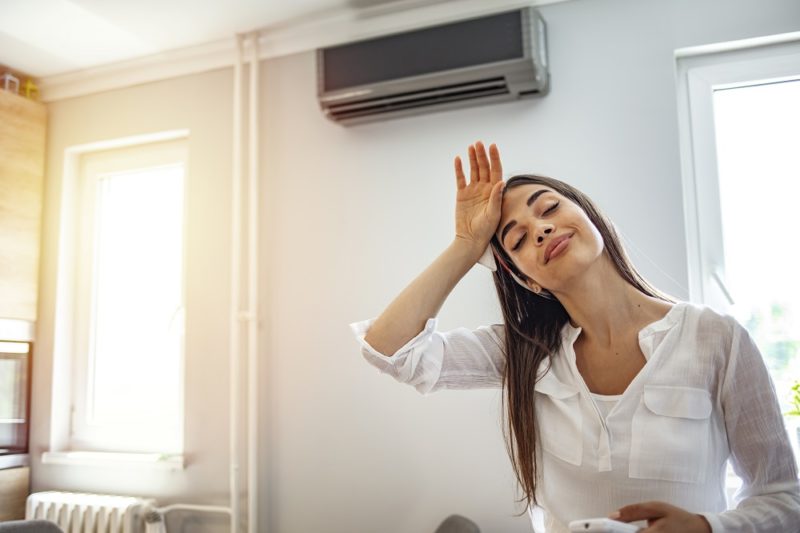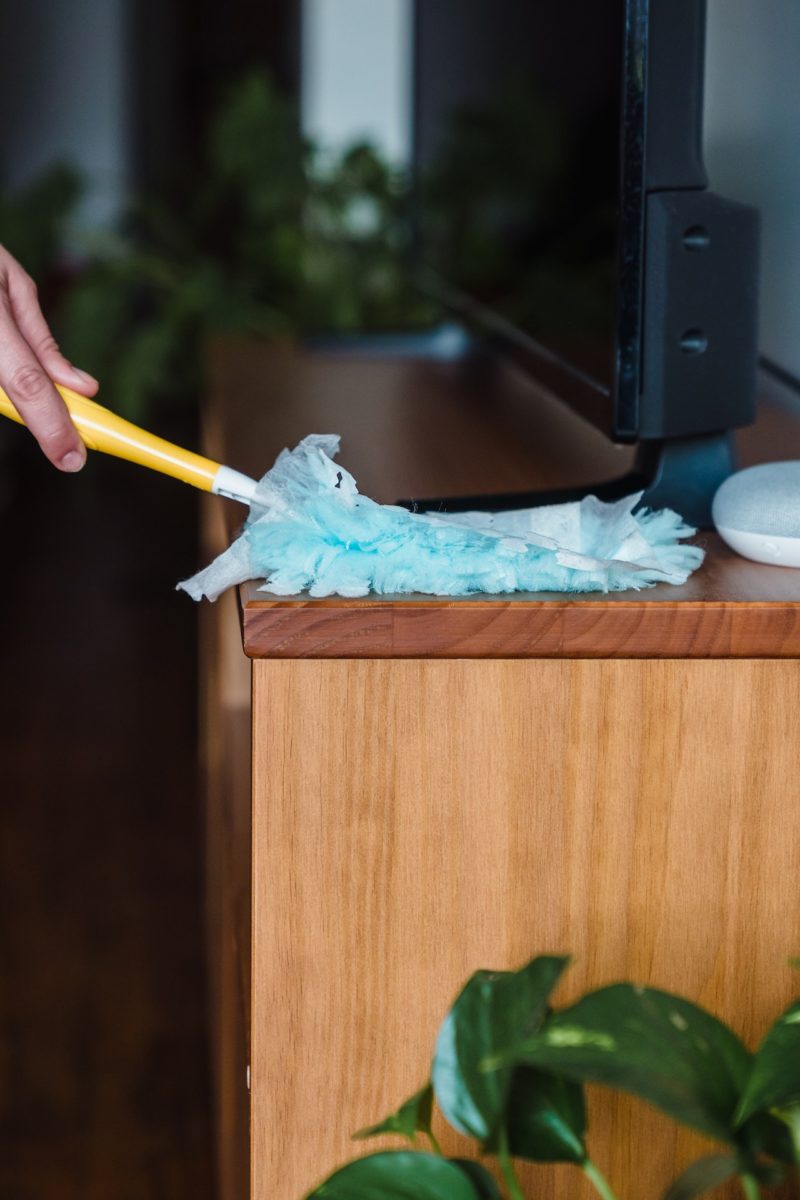How to Tell If Your Home’s Air Quality Is Poor
Poor air quality in your home can be an invisible risk to your overall health and comfort. Thankfully, you may notice a few subtle signs that your air quality is bad. Keep an eye out for these so you can take action to improve it.
Unexplained Rashes
Skin redness or rashes that there’s no other explanation for can be a sign of poor air quality as many air pollutants can cause them. Your skin may be extremely dry or cracked if this is the case. If you’re certain there is no other explanation for your skin issues, the air in your home may be to blame.
Prolonged Cold Symptoms
Poor air quality can lead to cold or flu-like symptoms. If you notice any coughing, sneezing, dizziness, nausea, or irritated eyes and nose, these could be signs of illness or poor air quality. If they last more than a week or two, illness is likely not the culprit. Pay close attention to how long your symptoms last and whether they are worse when you’re at home
Excessive Dust
If you notice a lot of dust in your home’s air vents or dust on the air filter when you change it, your air quality is probably not what it should be. Dust in these areas is a sign that your home has abnormally high levels of pollutants. You may need to upgrade to a better air filter in order to trap all of the dust in your home as a standard one is probably not enough.
Odors In Your Home
Unpleasant odors in your home can be a sign of poor air quality as well since they’re often caused by stagnant air. Odors can also be an indicator of bacteria growing due to high humidity or excess amounts of pollen and dust. This is a sign that the air in your home is not being filtered or cleaned the way it should be.
If this is the case, a thorough cleaning of your ducts may help. On the other hand, if you’re noticing normal smells lingering in your home, you could have poor air circulation. If the smell of what you cooked yesterday is still in the air, harmful pollutants are probably lingering too.
Uneven Temperature
If you notice that there are certain areas within your home that are colder or hotter than others, this can be a sign that air isn’t circulating properly. If your home’s temperatures are not consistent, the air filtration is probably not consistent either. Be sure to have an HVAC contractor take a look at your equipment to help come up with a solution to fix both problems.

Young woman enjoying cool air flow from conditioner at home. Happy Young Woman Holding Remote Control Relaxing Under The Air Conditioner. Woman and Air Conditioner At Home
Poor air quality can be a pain, but you don’t have to live with it. If you’re noticing any of these signs, consult with a professional so you can remedy the situation before it becomes worse.













